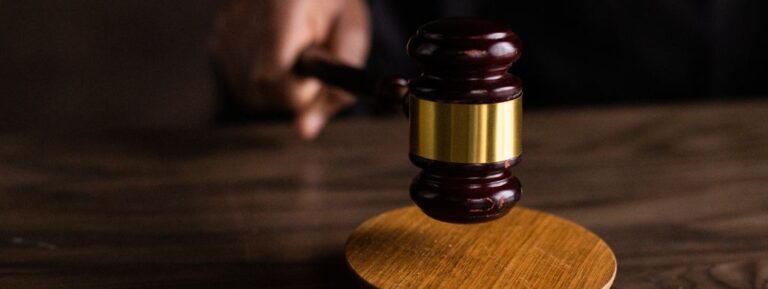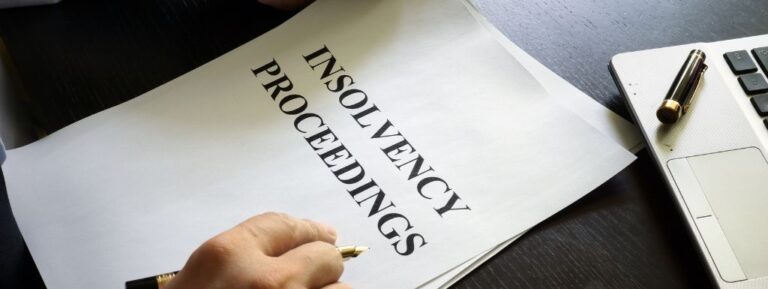In the matter of Substance Technologies Pty Ltd [2019] NSWSC 612, the Court considered a liquidator’s application with respect to whether a director is personally liable to pay the sum of $170,000 for debts incurred whilst the company was insolvent, largely on the basis that the director failed to keep / produce financial records.
If a company fails to keep, and retain for 7 years, suitable financial records, it can be assumed to be insolvent for the purposes of an insolvent trading claim.
Director Personal liability case study- Facts
• Since its incorporation until late 2013, Substance Technologies Pty Ltd (In Liquidation) (Company) traded a scrap metal yard.
• From at least 2009, the Company rarely made a profit. By 30 June 2013, the Company had accumulated losses of $374,373 and taxation debt in the sum of $13,929.36.
• In early 2014, the Company purchased scrap metal from Ausgrid for the sum of $78,463, to which the Company failed to pay.
• On 2 January 2015, Christopher Thaler resigned as sole director of the Company, and Andrew Thaler (his son), replaced him as sole director.
• During Andrew’s directorship of the Company, Ausgrid entered judgment for the debt and the Company was subsequently placed into liquidation on 27 June 2016.
• The liquidator issued 3 demands to Andrew for the Company’s books and records, to which he did not comply.
Defendant’s arguments concerning personal liability case
The Court considered a number of arguments put forward by the Defendant, summarised as follows:
Defendant’s argument The Court’s findings
1. The debts no longer exist as they were written off If a bad debt proves to be recoverable, in whole or in part, then the creditor remains entitled to payment and to adjust its accounts to reverse the write-off and recognise the income. This is consistent with accounting standards.
2. Taxes are not debts incurred Taxes are debts incurred by the taxpayer for the purposes of insolvent trading.
3. The obligation to keep financial records was satisfied The obligation to keep financial records…is twofold: firstly, to keep records which record the company’s transactions and financial performance sufficient to enable financial statements to be prepared; and, secondly, to retain those records for seven years.
4. The financial records were not produced relying on the privilege against self-incrimination The directors’ privilege against self-incrimination has been abrogated by section 530A of the Corporations Act, requiring officers to help a liquidator carrying out their duties.
5. The company was not insolvent – the ATO debt could be paid and tax losses were an asset Christopher alleged that funds could have been loaned from his spouse – no such loan was made. Further, it was held that accumulated tax losses were not an asset of the Company as it could not be sold to pay off liabilities of the Company.
6. Both directors said they did not suspect insolvency Upon review the Company’s bank statements, the outstanding tax liabilities and financial statements, a “a director would have been left in no doubt that the company was insolvent
7. The company would pay the Ausgrid debt from profits on sale of the scrap metal There is no evidence that the company expected to earn such profits before the invoices were due for payment, nor that the company had other means of paying the invoices.
Outcome- Director personal liability
Both the former director (Christopher Thaler) and the current director (Andrew Thaler) were liable for the debts incurred by the Company, whilst it was trading insolvent, during the times they held directorship of the Company.
It is an important lesson for all directors of a company that you are required to keep financial records of a company for 7 years to comply with section 286(2) of the Corporations Act 2001 (Cth) (Act). A director may be held personally liable for failure to produce financial records to a liquidator, as section 588E(4) of the Act makes clear that the presumption of insolvency arises from the failure to keep records.
If you are a director of a company, or know someone who is, and want to know more, please contact the Insolvency Lawyers at Rostron Carlyle Rojas Lawyers on (07) 3009 8444 or email us at [email protected].



